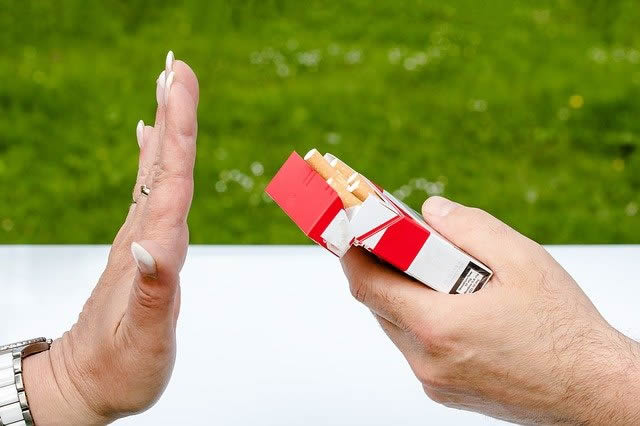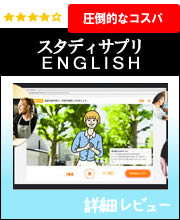先日から「How to decline invitations without bruising feelings -「気持ちを傷つけない誘いの断り方」を読んでいます。

・「気持ちを傷つけない誘いの断り方」(1)
・「気持ちを傷つけない誘いの断り方」(2)
・「気持ちを傷つけない誘いの断り方」(3)
・「気持ちを傷つけない誘いの断り方」(4)
・「気持ちを傷つけない誘いの断り方」(5)
Then, after returning to their cubicles, listeners were asked to divvy up pictures of toilets and puppies to be ranked by the person they conversed with and themselves.
そして個室に戻った聞く側の人たちは、トイレの写真と子犬の写真を、会話の相手と自分の間で順位をつけて分けてもらった。
cubicle「(寮などの仕切った)小寝室、個人用小室」。
divvy up「~を分け合う、山分けする」。
Those who had heard time-related excuses directed fewer pictures of puppies to the other participant, sending more toilets their way and keeping more of the inherently pleasing pictures of puppies for themselves.
時間にまつわる言い訳を聞いた人は、相手に向ける子犬の写真の数は少なく、トイレの写真の数が増え、好印象の子犬の写真は自分の手元に残した。
This suggests that we feel more pro-social towards people with financial scarcity excuses, rather than time alone.
このことからも私たちは、時間的によりも経済的な余裕の無さを言い訳にする人に対して、より親しみを持つことが分かる。
And the fact that such a marked difference emerged in conversations less than three minutes long, and without our investment in them attending a personal event, attests to how quickly the message is internalised.
また3分以内の会話で、しかも個人的な集まりへ参加しなくとも、これほど明らかな違いが現れたことは、メッセージがいかに早く伝わるかを証明している。
attest to~「~を証明・立証する」。
internalise「内面化する、自らの中に盛込む」。
When processing messages related to time or money, the research shows, we seem hardwired to identify with financial scarcity – not temporal constraints.
研究によると、時間やお金に関するメッセージを処理するとき、人には時間的な制約ではなく、金銭的な欠乏を認識する仕組みがあるようだ。
And as a result, when our invitation is rejected due to money troubles, we look on it far more kindly than a rejection linked to an overly busy schedule.
その結果、お金の問題で誘いを断られるのは、忙しさを理由に断られるよりも、はるかに好意的に受け止められる。
子犬の写真とトイレの写真、被験者の好き嫌いを示すカードだと思うんですが、何でトイレなのか(笑)。
そういえばロンドンの街にあった公衆トイレ(有料)、使用後に室内に水がドバーっと噴き出して、個室内を丸ごと洗浄する仕組みになっていました。
だから壁面も便座も濡れているんです(笑)、あれはビックリしましたが、コロナ禍では結構重宝するシステムかもしれませんね。
理由は単純明快!「少ないコストでしっかり楽しく学べるから」。
私自身の経験(高機能でビックリ)をびっしり書いていますので、良かったら読んでみてください。
下のバナーからどうぞ!






